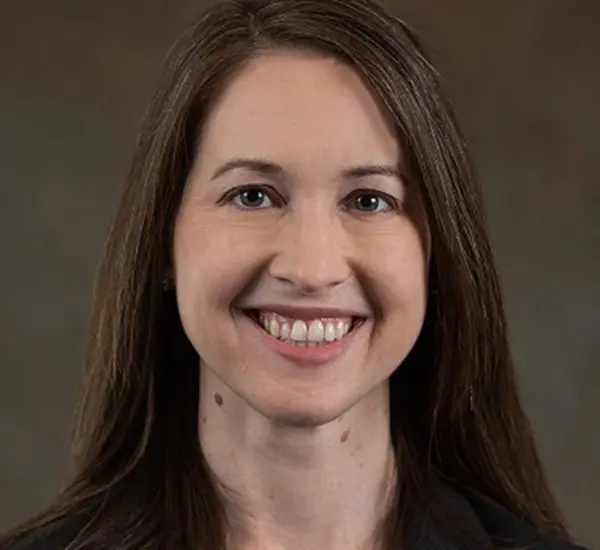Webinar: Leveraging Social Environment in the Prevention of Opioid Use Disorder
Date
Prevention scientists have long acknowledged that individuals’ substance misuse and disorder are shaped by multiple levels of their social environment—from family and friend relationships to public policy and culture. Despite this, approaches to address opioid misuse often focus on changing the individual through treatment and relying on someone to seek out support, rather than having professionals and organizations reach out with interventions. The COVID-19 pandemic has exacerbated these issues and introduced new challenges related to social connections.
To navigate the impact of a syndemic (COVID-19 + opioid overdose epidemic), public health researchers and policy makers must codify the role and importance of prevention. This webinar focuses on strategies to prevent opioid misuse and opioid use disorder (OUD) that involve bi-directional interactions between people who use drugs and different levels of their social environment to forge better outcomes for individuals, families, and communities.
Upon completion of this webinar, attendees will be able to:
- Recognize key links between opioid misuse and social connections based on a systematic review of literature
- See how several National Institutes of Health (NIH) Helping to End Addiction Long-term (HEAL) Prevention research projects are attempting to leverage the social environment and systems in their intervention efforts
- Recognize how COVID-19 poses unique challenges to prevention strategies and consider related adaptations
View the Slides
Meet the Presenters

Phillip Graham, DrPH, MPH
Phillip Graham is the Senior Director of RTI's Center on Social Determinants, Risk Behaviors, and Prevention Science. He has more than 25 years of experience conducting community-based research and evaluation focused on evaluating preventive interventions developed to address adolescent interpersonal violence and substance use. Dr. Graham currently serves as Principal Investigator of the NIH HEAL Prevention Coordinating Center, which supports efforts to develop, adapt, and test interventions and strategies to prevent initiation of opioid misuse and development of opioid use disorder in at-risk older adolescents and young adults (ages 16-30).

Jessica Cance, PhD, MPH
Jessica Cance is a Research Public Health Analyst in RTI’s Substance Use, Prevention, Evaluation, and Research Program with over 20 years of research and practice experience in adolescent and young adult health. While her work focuses on substance use and misuse (including but not limited to alcohol, marijuana, opioids, prescription drug misuse, and methamphetamine), she also has experience in suicidality, sexual health, and violence prevention.

Ty Ridenour, PhD
Ty Ridenour is a Senior Public Health Analyst with two decades of clinical and research experience in etiology, assessment, and methodology related to disruptive behavior disorders, with the ultimate goal of improving prevention of these outcomes. His areas of interest and contributions focus on developmental progressions in these behaviors and their risk factors and developing tools to facilitate the translation of science into practice (prevention).

Elvira Elek, PhD
For over 20 years, Elvira Elek has worked as an analyst, methodologist, project director, program director, and co-investigator of multiple community-based evaluations and research studies related to substance use prevention interventions. She has also worked with multiple states and led cross-site national evaluations to assess Substance Abuse and Mental Health Services Administration (SAMHSA) community-based programs focused on reducing alcohol use, prescription drug misuse, other substance use, and related consequences.
Q&A Moderator

Lori Palen, PhD
Dr. Palen helps national, state, and local clients learn about their efforts to promote the healthy development of young people. This includes process evaluations to inform quality improvement efforts and outcome evaluations to demonstrate impact on important public health and social issues. Dr. Palen’s areas of expertise include the prevention of adolescent substance use, sexual risk behavior, and dating violence, and the promotion of positive youth development. She also has experience with a variety of intervention types, including classroom-based prevention programs, environmental change strategies, and initiatives targeting community prevention systems.




